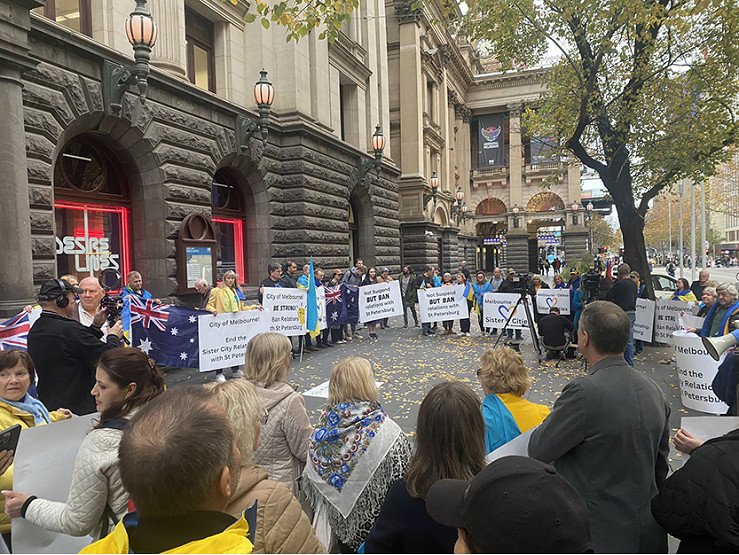Navigating the world of politics can be daunting, especially when trying to understand complex political issues. With the ever-evolving landscape of global affairs, grasping the intricacies of political matters is essential for informed citizenship and effective discourse. This article will guide you through strategies to help you understand complex political issues, ensuring that you can engage meaningfully in discussions and make well-informed decisions.

Break Down the Issues
To effectively understand complex political issues, start by breaking them down into smaller, more manageable components. Begin by identifying the core elements of the issue. What are the key facts? Who are the major stakeholders involved? What are the primary arguments or points of contention? By dissecting the issue into these fundamental parts, you can gain a clearer view of the broader context and the specific aspects that need closer examination.
Seek Diverse Perspectives
Moreover, seeking diverse perspectives is crucial in understanding complex political issues. Different sources offer varying viewpoints and analyses that can provide a more comprehensive understanding of the topic. Read articles, watch debates, and listen to podcasts from a range of sources, including those that challenge your current beliefs. This exposure to multiple viewpoints will help you recognize biases, deepen your insight, and form a more balanced understanding of the issue.
Consult Credible Sources
Additionally, consulting credible sources is vital when trying to understand complex political issues. Reliable information comes from well-established organizations, academic institutions, and reputable news outlets. Avoid sources with obvious biases or those that spread misinformation. Fact-checking and cross-referencing information can help ensure that you are relying on accurate and trustworthy data. Using credible sources will enhance your ability to grasp the complexities of political issues and make informed judgments.
Analyze the Historical Context
Understanding the historical context is another effective way to grasp complex political issues. Many political matters are influenced by historical events, precedents, and long-standing conflicts. By examining the history surrounding an issue, you can gain insights into its origins, evolution, and current significance. This historical perspective helps in understanding why certain policies or viewpoints exist and how they have developed over time.
Engage in Critical Thinking
Furthermore, engaging in critical thinking is essential for understanding complex political issues. Question assumptions, evaluate evidence, and consider the implications of different viewpoints. Analyze the arguments presented, weigh their merits, and assess their logical consistency. Critical thinking allows you to not only absorb information but also critically assess its validity and relevance. This analytical approach helps in forming a nuanced and well-informed perspective on complex issues.
Discuss with Experts
Finally, discussing complex political issues with experts can provide valuable insights and clarification. Engaging with scholars, analysts, and professionals who specialize in the area of interest can help deepen your understanding. Attend lectures, participate in seminars, or join discussion forums where experts share their knowledge. These interactions can offer explanations, answer questions, and provide context that may not be readily available through general sources.
Conclusion
In conclusion, to understand complex political issues effectively, you need to break down the issues, seek diverse perspectives, consult credible sources, analyze the historical context, engage in critical thinking, and discuss with experts. By applying these strategies, you can gain a clearer and more comprehensive understanding of political matters. In a world where political issues are increasingly intricate, these approaches will equip you to engage thoughtfully and contribute meaningfully to discussions and decisions.




